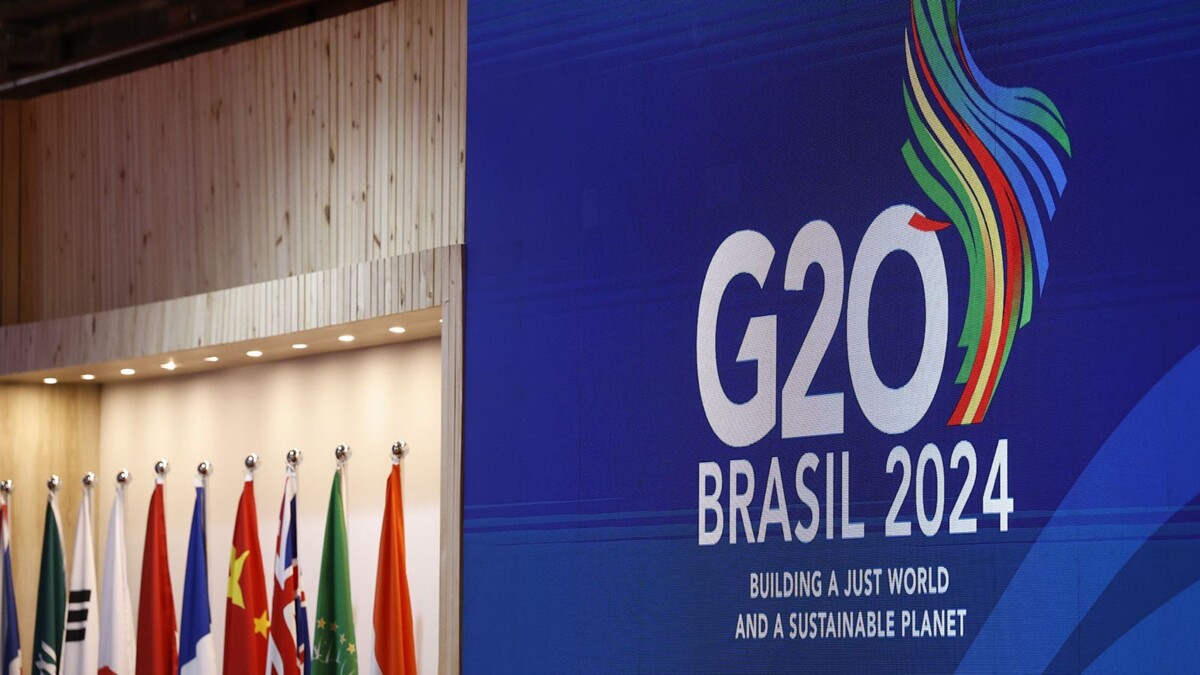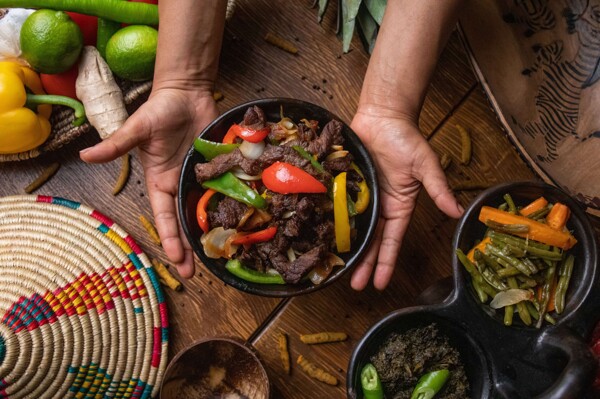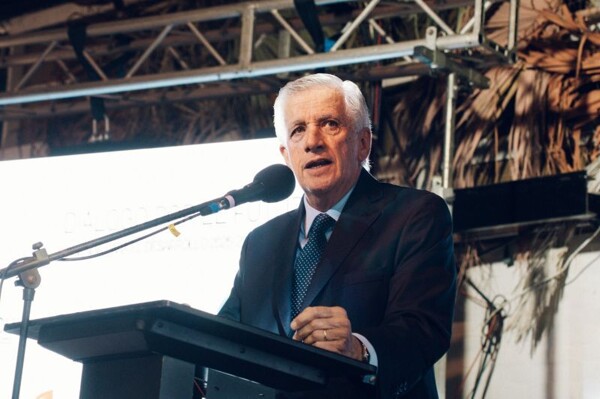
The G20 Agricultural Working Group recently met in the Central-West region of Brazil, chaired by the country's Minister of Agriculture and Livestock, Carlos Fávaro. During the meeting, a historic declaration was approved, highlighting the importance of sustainable agriculture and recognizing the need to take concrete action in response to the increasingly intense challenges posed by climate change.
Amid a scenario of prolonged droughts in Mato Grosso and the Brazilian Central-West region, the Working Group emphasized the urgency of restoring degraded pastures and adopting sustainable agricultural practices, such as the use of bioinputs and technologies. It also stressed the relevance of local and international trade to support sustainable economic development, especially in emerging countries.
The G20 declaration, which will be incorporated into the agenda of the Heads of State and Government summit in November in Rio de Janeiro, includes commitments related to the eradication of hunger, social inclusion, and the creation of economic opportunities for small producers and vulnerable communities. Climate change is recognized as a reality that it is imperative to adapt to, transforming agri-food systems towards sustainability.
With nearly 160 days without rain in the region, the necessity to address climate change and its effects on agriculture is evident. It is predicted that around 215 million people will become climate migrants in the coming years, exacerbating challenges related to food and nutritional security, rural development, sustainability, and energy security.
In the face of these challenges, the importance of building a transformation agenda that integrates science, technology, and innovation into agri-food systems is emphasized. Biofortification, digital agriculture, biofuels, genetic editing, and other emerging solutions are key to addressing current and future agricultural challenges.
In this context, the need to design new public policies that incorporate an environmental vision and promote long-term sustainability is highlighted. Cooperation among governments, the private sector, academia, financial entities, and civil society is crucial to achieving effective results in the fight against climate change and its multidimensional repercussions.
The future of agriculture depends on the decisions we make today. It is imperative to produce sustainably, meeting present needs without compromising the ability of future generations to face upcoming challenges.













